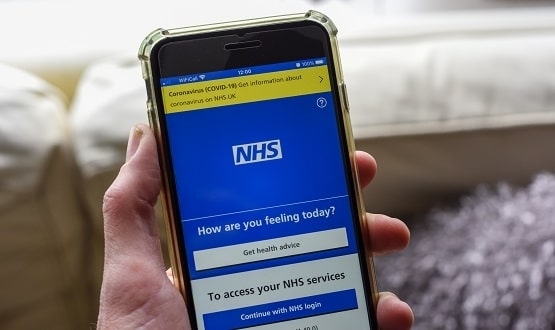Government tightens grip on NHS Digital’s sharing of non-clinical patient data
- 10 May 2018

The government has significantly revised an agreement which allows NHS Digital to share non-clinical patient information with the Home Office.
Speaking during a parliamentary debate on the data protection bill on May 9, Margot James – a minister at the Department for Digital, Culture, Media and Sport – confirmed the memorandum of understanding (MOU) has been amended “with immediate effect”.
The memoradum, which came into effect in January 2017, allows the Home Office to gain access to patient data – including non-clinical information – for the purpose of tracing immigration offenders and vulnerable people.
This means NHS Digital can be asked to hand over information such as a patient’s date of birth or last known address to the Home Office.
James confirmed to MPs that from now on Home Office immigration staff will only be able to use the data-sharing agreement to trace people who are being considered for deportation from Britain because they have committed a serious crime.
Previously, they could be asked to hand over data on anyone who had been flagged as a potential immigration offender.
The U-turn by government was part of an amendment which was tabled by Conservative MP and chair of the Health Select Committee Sarah Wollaston, who has tirelessly called for the MOU to be suspended.
The former doctor has previously slammed the MOU, branding it “entirely inappropriate”.
Following the news that the MOU has been suspended, Sarah Wilkinson, chief executive at NHS Digital, said: “The narrowing of the tracing service to only those individuals convicted of more serious criminal offences, or who represent a risk to public security, circumvents the difficulties which have arisen as a result of conflicts between existing legislation and case law and the long-established Codes of Confidentiality of the GMC [General Medical Council] and various Colleges.
“We understand the Home Office will limit its requests immediately. Likewise, we will immediately only process requests which meet these revised criteria.
“As soon as is practically possible, we will amend the Memorandum of Understanding between ourselves, the Home Office and the Department and Health and Social Care which describes this tracing service, and publish the updated version openly.”





1 Comments
Considering the abusive use of section 322(5) by the home office (https://www.theguardian.com/uk-news/2018/may/08/i-feel-like-im-drowning-healthcare-inspector-faces-deportation-by-home-office) the fact that the NHS can still share data for those considered for deportation or deemed to have committed a serious crime remains a serious issue.
Not only has the home office made a number of serious mistakes, sending deportation letters to European citizens who had been in this country entirely legally for years but it also inappropriately uses the tools at its disposal to maximise the effect of the hostile environment policy. In such a context, I fear it is naive to think that the restriction now applied to the data sharing is sufficient to afford protection for a long list of people entirely legally in the UK.
Comments are closed.